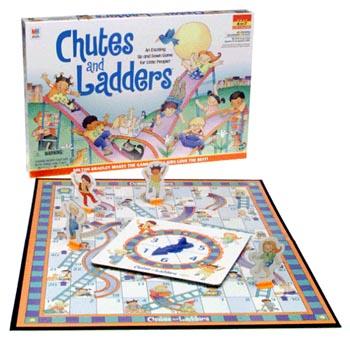Granularization and My Music Education Sommelier!
Carla Marina Marchese is a Honey Sommelier. Yes, that’s correct, and not just your ordinary run of the mill one, she is an internationally respected and revered honey expert.
In a recent article she explains that, "When we taste honey, we don't do the ceremonial swirl — the wine expert's ritual — before we sniff. Honey sommeliers smear.
Smear it on the sides of the glass like this," she says, using a tiny plastic spoon. Once the honey is smeared, I can stick my nose in the glass to properly evaluate the aroma, then spoon a dollop onto my tongue.”
Listen, I’m the type of guy who keeps honey in a teddy bear container and if blindfolded would struggle to taste the difference between a fine honey and Louisiana Hot Sauce. But then again, I am just your average Joe while Carla is among the world’s leading honey experts.
Article author Jason Wilson writes that "When she detects a metallic taste in the honey, she knows the beekeeper has likely used rusty equipment. When she tastes too much smoky flavor, she knows the honey came from an inexperienced beekeeper who uses too much smoke because he’s afraid of bees. Which is to say Marchese’s palate is so finely tuned that she can literally taste the beekeeper’s fear in a smear of honey."
Mustard. Honey. Hot sauce. Welcome to the era of surprisingly specific expertise. The Sommelier of everything is here!
Granular specificity is not just reserved for those with fine honed pallets and super taster taste buds (and yes, that's a real thing, too). The are mechanics who only work on carburetors from 67 Ford Mustangs, surfing instructors that only teach dogs, and authors whose sole source of prose is contained within a fortune cookie.
Generalization is out and specificity is in. And music education is not immune to the to granularization movement. In fact, in many ways, we are leading the charge.
In the past thirty years music education has evolved to the point that many programs now have specific and unique show designers, program coordinators, movement specialists, choreographers, drill writers, music arrangers, instrument specialists, and drill instructors. We have apps, tuners, iPads, and instrument specific private lesson teachers to help us ensure with great specificity and micro accuracy that we are playing what we are supposed to, when we are supposed to, and where we are supposed to. And if not, a flock of pseudo instructors will swarm on you like bees on honey!
The age of specificity is here and brings with it a level of knowledge that speaks of expertise and craftsmanship. Being an expert implies additional education & training along with an extensive track record of success. It speaks to a deep understanding not just of the mechanics of the object but the art of it as well. It is the summation of a life’s body of work and a deep and abiding passion for the subject matter. Which is why I am proud to announce that I am changing my title to:
Secondary Education Music Education Leadership Sommelier! © ®
Yes, like a wine Sommelier, I can walk into a room and smell the fear of a young teacher. I can detect the slightest notes of procrastination and lack of accountability among the body of students. I can read body language and detect the slights after nodes of disengagement and apathy. I can speak with direction and distinction and is implied with pedagogical pedigree.
How can I do this? Because I have dedicated my life to being a Secondary Education Music Education Leadership Sommelier (I just like writing that).
Others outside the profession might think it odd. They might think my job weirdly specific or far to narrow in scope. That’s ok, I don't understand their honey, and they don't have to understand my music. The world is plenty big enough for us to coexist.
And so is the world of music education. Despite it's narrow scope, the space is large enough for all of us to coexist and compliment one another, while being different.
Last week’s response to my "Burn In" e-zine was among the highest I have ever received. In that newsletter I suggested that in order to keep from burning out, you needed to burn on! My point was that inside this seemingly small profession are hundreds and hundreds of more granular pursuits. Opportunities to explore passions and professional pathways that can excite and engage as if we were new teachers once again. And that the specificity of these pursuits is not a liability, but an asset and an opportunity.
The question is, what is your Sommelier?
Last week, I stated a problem. This week, I propose a pathway. Next week I will provide a solution.
Stay tuned and have a great week.
Scott Lang
Secondary Education Music Education Leadership Sommelier










